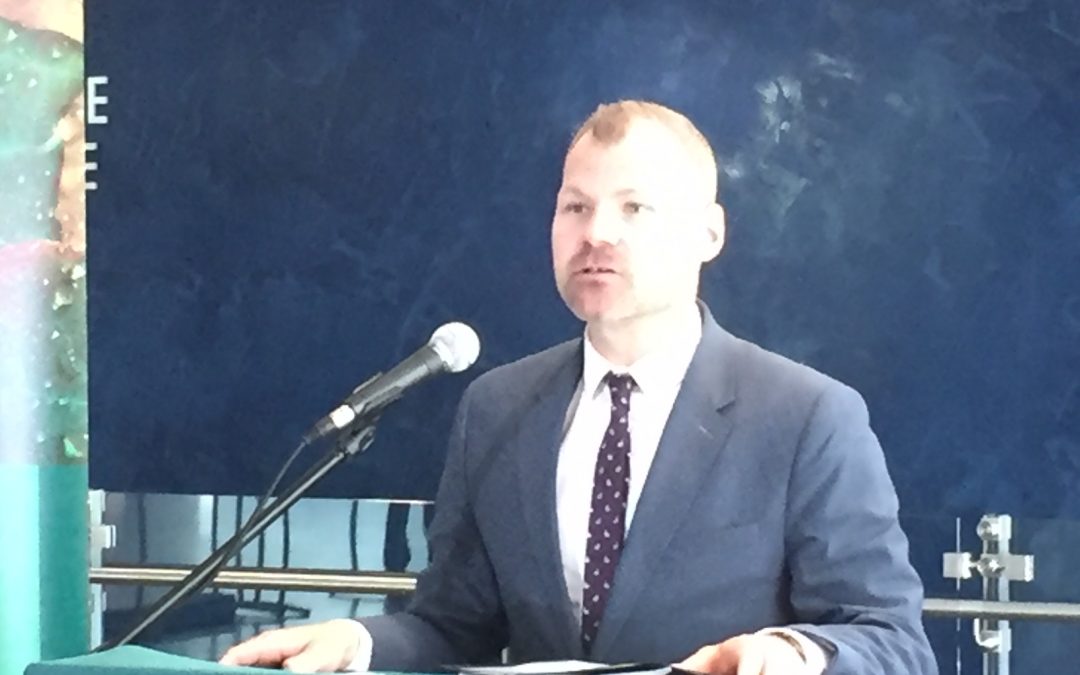The Sask. government has paid the University of Regina $109,000 to provide an economic analysis on a carbon tax in the province.
The study itself, according to Environment Minister Dustin Duncan, was based on the economy of the entire province and did not breakdown regions like the north, where the cost of everyday goods is higher than in the south.
“I would say for people of the north, it’s going to have a significant impact because for the most part — for what a carbon tax on our economy is for things like natural gas, so heating your home, transportation. For diesel fuel for communities that either heat their homes or produce electricity on diesel, there’s certainly going to be a cost attached to that,” Duncan told reporters.
“Regardless of where you live, we rely on vehicles to get around in this province, not only for economic activity, but just a way of life, particularly in the north, where you’re travelling much further distances for whether it is your health care services or education services.”
Prior to the press event, the government did not release the full 300-page study and the data has not been independently verified.
The government claims a carbon tax at $50 per tonne would reduce the GDP by 2.3 per cent or $1.8 billion annually, costing the average household $1,000 per year.
NDP leader Ryan Meili calls the analysis an outlier, saying there are multiple reports that contradict the provincial government’s report.
(PHOTO: Environment Minister Dustin Duncan. Photo courtesy of Dan Jones.)
